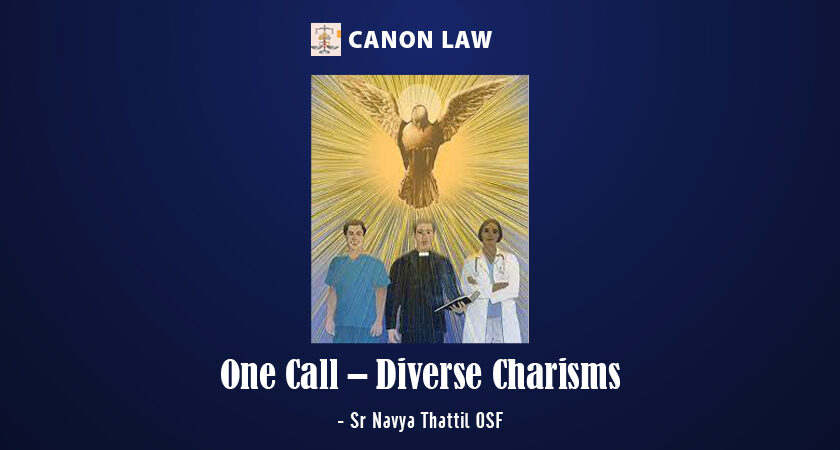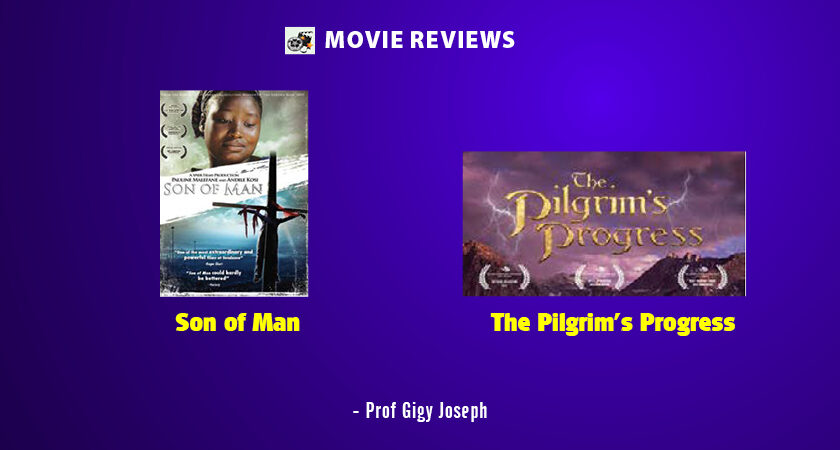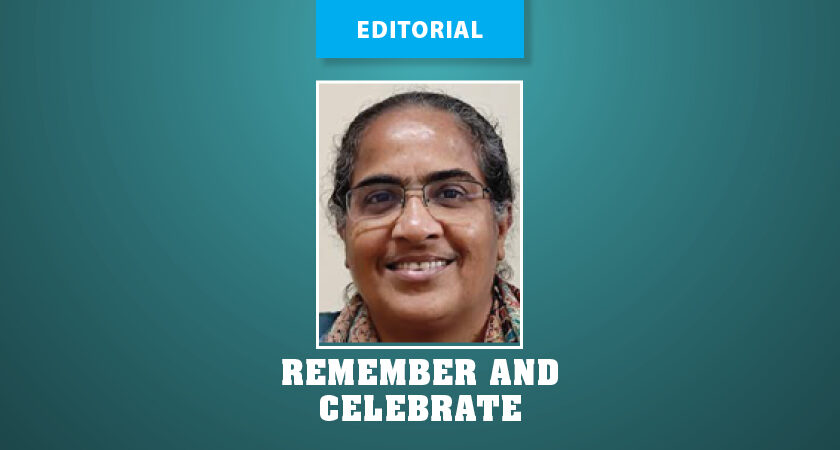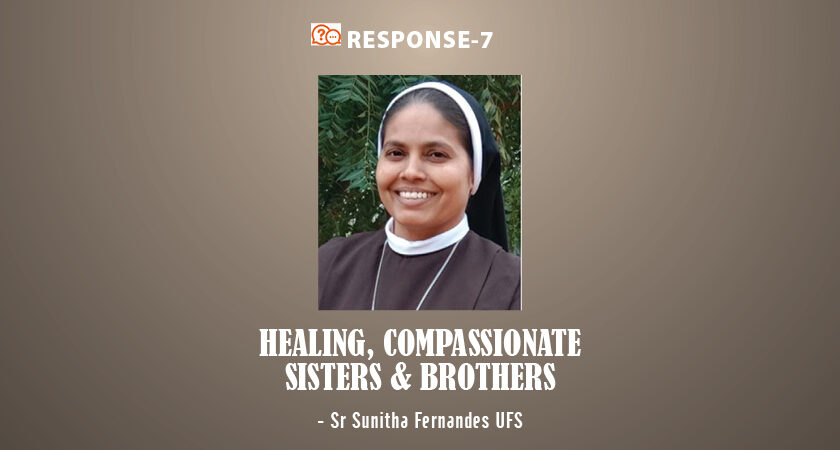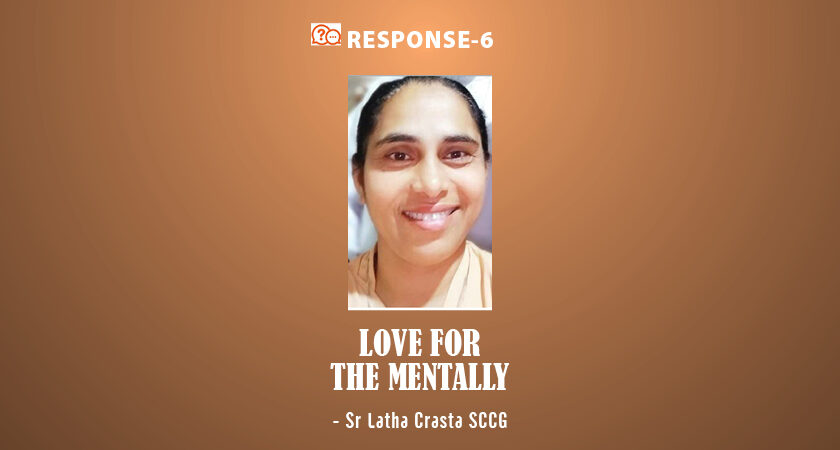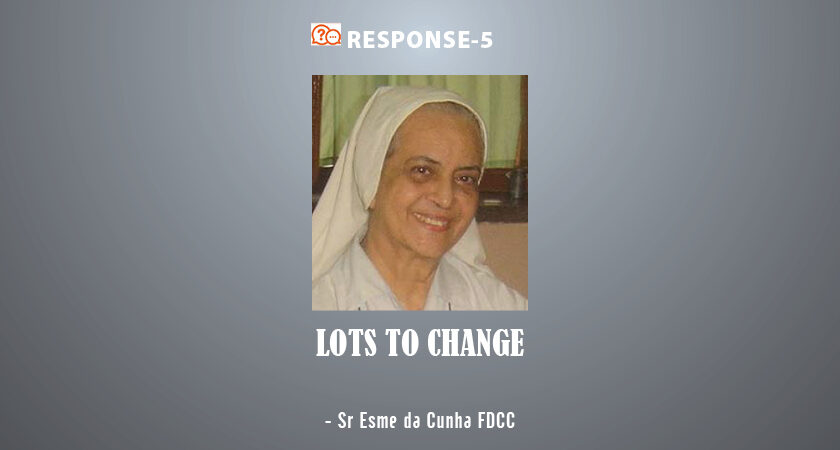I am Sr. Christi, a newly professed Sister. As I have begun my ministry, I have come across different categories of Consecrated persons. The differences that I perceive confuses me and questions come into my mind. Can you explain about the juridical implications of various Institutes of Consecrated Life?
The origin of the Consecrated life in the East and the West may be traced from the letters of St. Paul dating back to 50-65 A.D. In the Pauline corpus we read that in the early church, celibate women dedicated to prayer and charity were honored. The historical evolution of this way of life, reveals that Church admires this vocation “as belonging to the holiness of the Church”. Therefore, Ecclesiastical authorities have given recognition to various forms of Consecrated identity. Latin Code (CIC) recognizes three forms, and the Oriental Code recognizes five forms. Apart from these two the Codes approve the vocation to hermitical life and the life of consecrated virgins.
According to CIC, there are Religious Institutes, Secular Institutes and Societies of Apostolic life. CCEO explains about Monks, Orders, Congregations, Societies in the manner of Religious, Secular Institutes, and Societies of Apostolic Life. Some of the specifications of each category are to be noted to know their juridical status.
Sr Navya Thattil OSF
To read the entire article, click Subscribe
